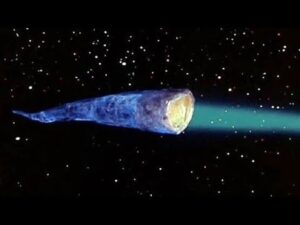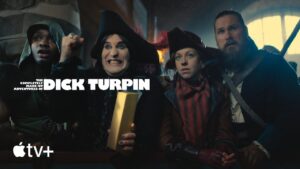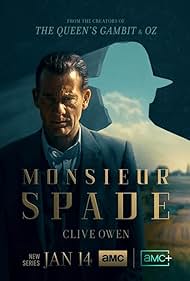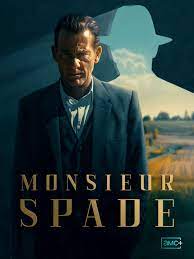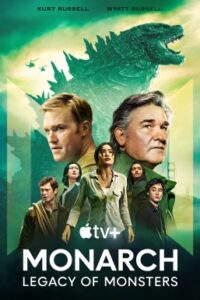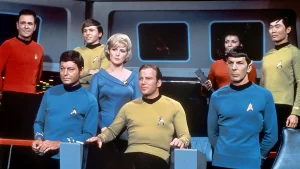
Paramount Studios/CBS Home Video
.
The City on the Edge of Forever the 28th episode of season one from Star Trek (The Original Series) is a celebrated and award-winning episode of classic television collecting both the Hugo for short form Dramatic Presentation and the Writers Guild Of American award for Best Episodic Drama on Television.
After suffering a mishap while the Enterprise investigates disturbances in time from a long dead world, Doctor McCoy to hurled into the past where his presence changes history erasing the United Federation of Planets’ existence, forcing Kirk and Spock to follow McCoy to set right the course of the universe.
The original script was penned by famed and mercurial author Harlan Ellison but for production the screenplay had been rewritten, by uncredited story editor D.C. Fontana, at the producers request. The rewrite dissatisfied Ellison producing a rift between him and the producers that lasted decades. Ellison eventually would publish his own account of the production in book form that included his original script.
I have watched the original episodes many many times since the 1970s and I have read Ellison’s original script. Both are wonderfully written but Fontana’s is decidedly more in the tone of Star Trek.
Spoilers follow.
The crucial element of history that McCoy upset is saving the life of a pacifist, Edith Keeler, which delayed America’s entry into the Second World War allowing Germany to emerge victorious. Kirk, having fallen in love with Edith, is torn between his duty to preserve history and prevent a NAZI future and his emotional need to save the woman he has come to love.
In Ellison’s version, Spock, the inhuman, coldly logical alien holds both men. Kirk and McCoy, back, preventing them from saving her and reestablishing the proper shape of time.
In Fontana’s script Kirk seizes McCoy, stopping him from saving Edith, but is emotionally devastated by his course of action.
Dramatically speaking I have held and continue to hold that Fontana’s ending is simply better. It costs Spock nothing to do the right thing. Alien and detached from the pull of emotion, Spock’s action has no more dramatic weight that a piece of automated machinery performing a programmed function. Kirk, forced at great emotional pain and trauma, stopping McCoy is the sort of event that forever changes a character and change lives at the heart of drama.
None of this is new thinking on my part. It’s been my conclusion for nearly 30 years since I read the original script. That said thinking further upon the story and Ellison’s ending I do think that there is another aspect to this that is fascinating.
What is the thematic core of Ellison’s ending? Why was he drawn to that particular resolution?
It is possible that the answer is that Ellison held a very dark and cynical view of humanity.
While I have not read all of Ellison’s work, I have read a number of his well-crafted short stories and dark is common element. Rarely if ever did Ellison descend in joy over terror and crushing failure.
It’s possible, either by authorial intent or predilection, that Ellison’s ending reflects a deep sense that humanity, that people, are incapable of overcoming their selfish needs and desires for a greater good. That flawed and weak humanity will always fail to destroy the One Ring and choose themselves over others.
If that’s the reason Ellison went with his ending it makes even more clear that deep and unbridgeable divide between himself and Roddenberry. Roddenberry believed in humanity’s perfectibility. That a future without the irrational failings of racism and selfness was possible and Ellison’s ending reject all of that. It is an ending that asserts people will choose their own happiness even at the cost of uncounted millions.
